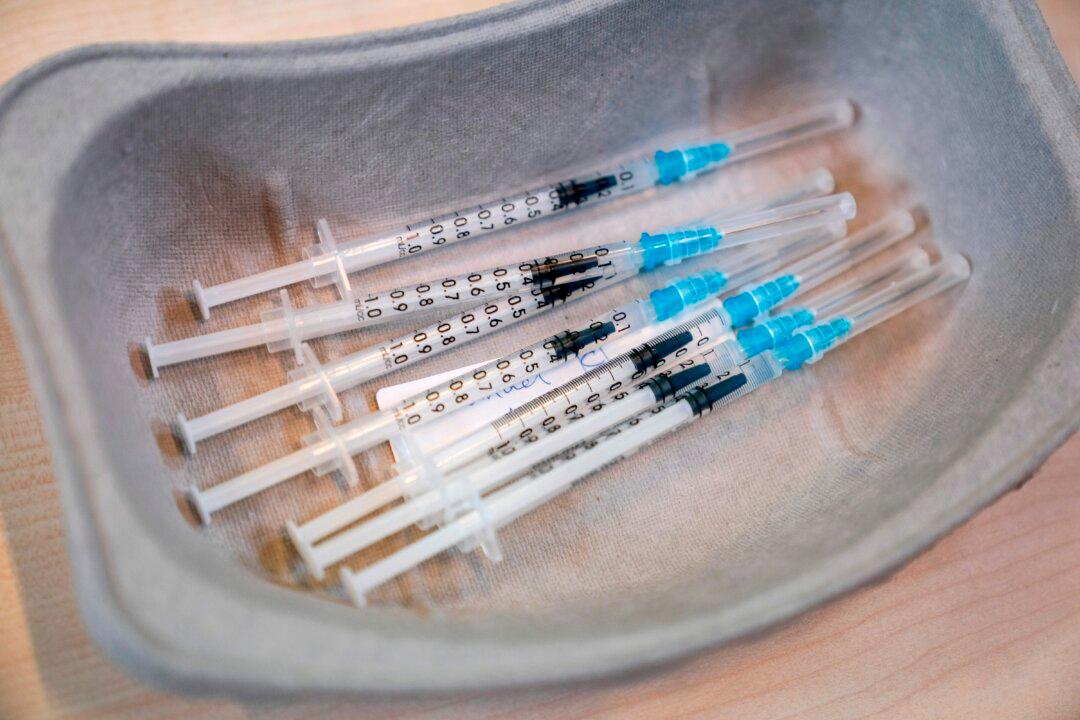Messenger RNA sequences from the Pfizer and Moderna COVID-19 vaccines were found in the blood of multiple individuals weeks after vaccination, according to a new study.
Researchers in Denmark analyzed samples from the vaccinated and detected partial or even full sequences of the messenger RNA (mRNA) following vaccination. The sequences were found as late as 28 days after vaccination, or the longest time period the study analyzed.






